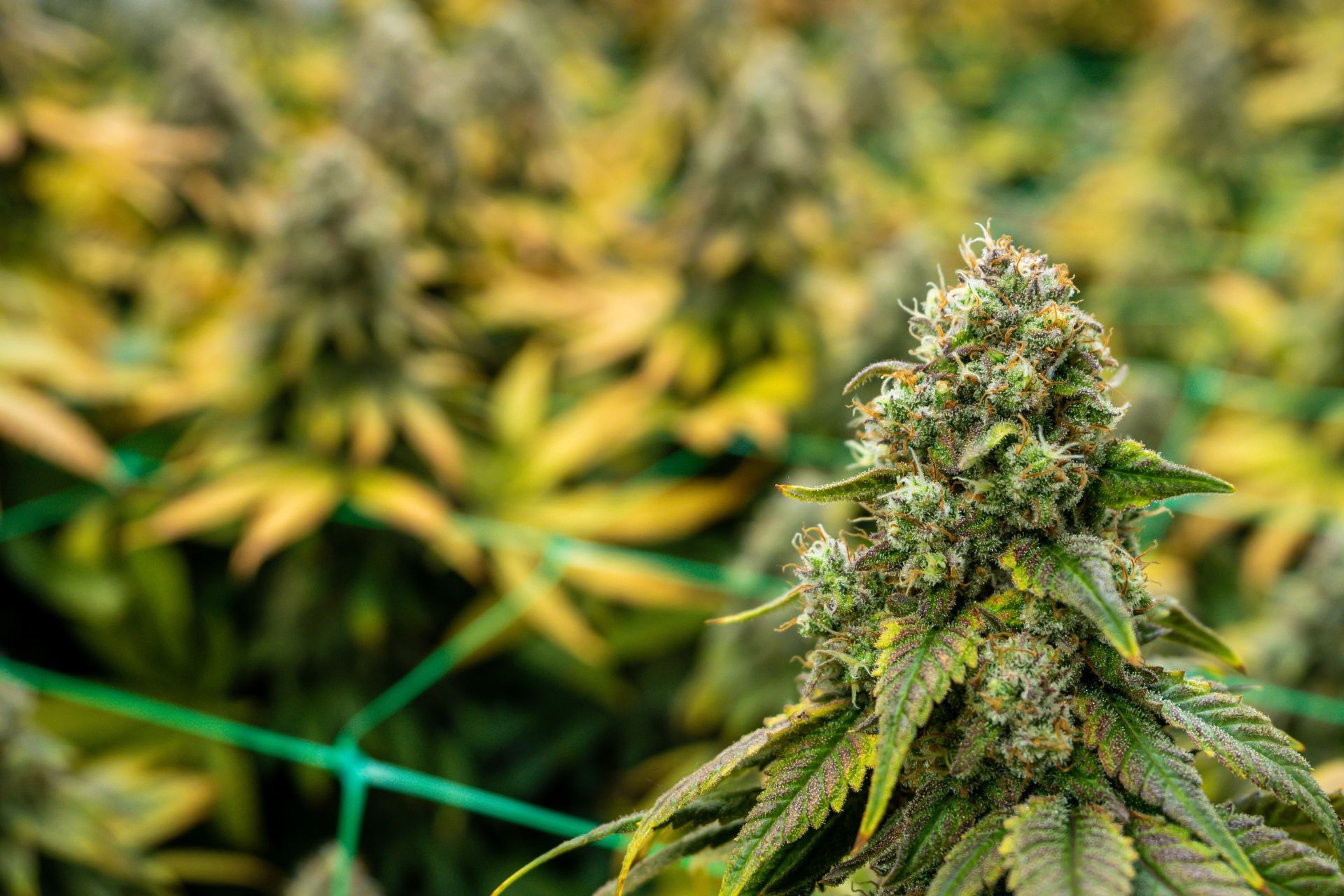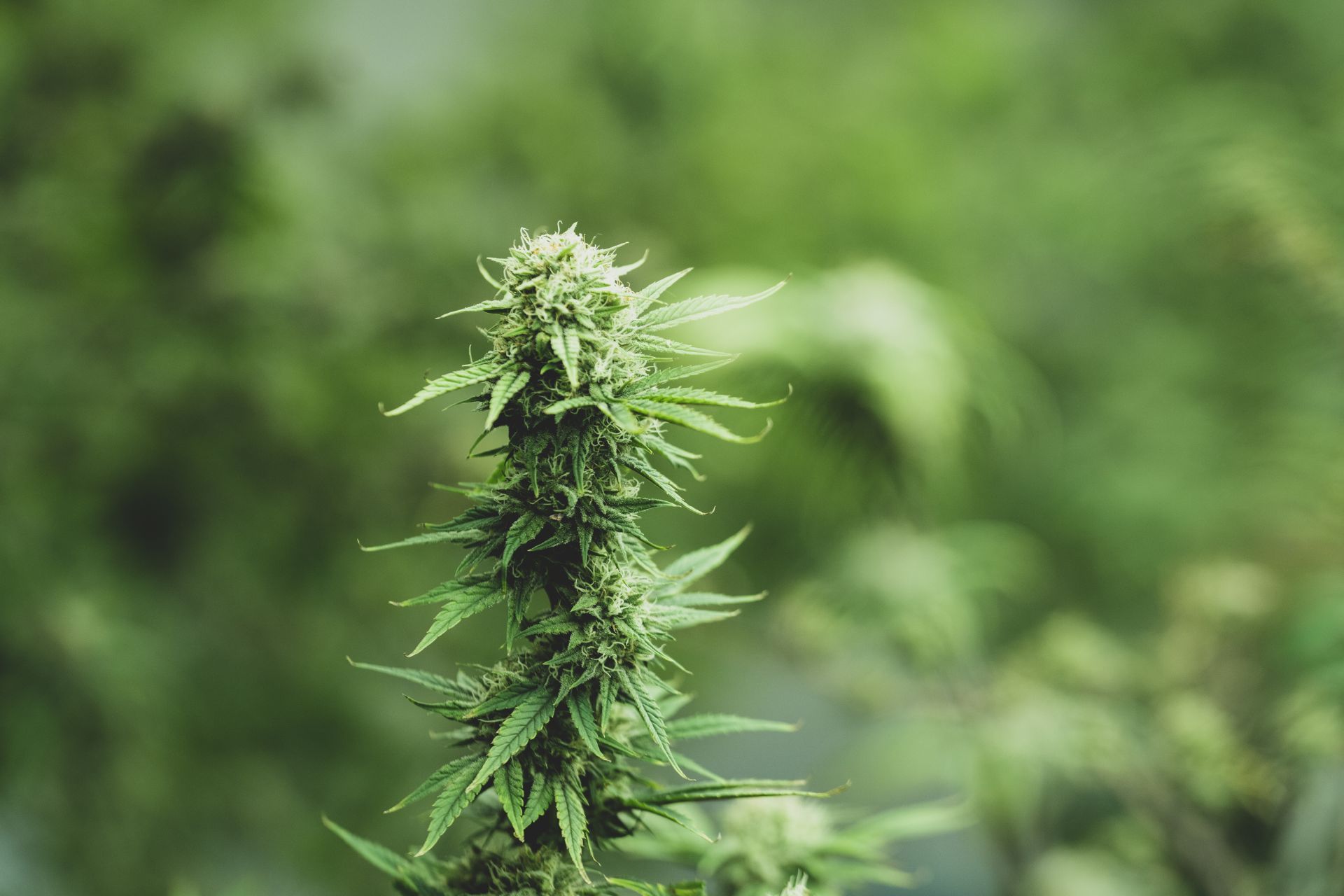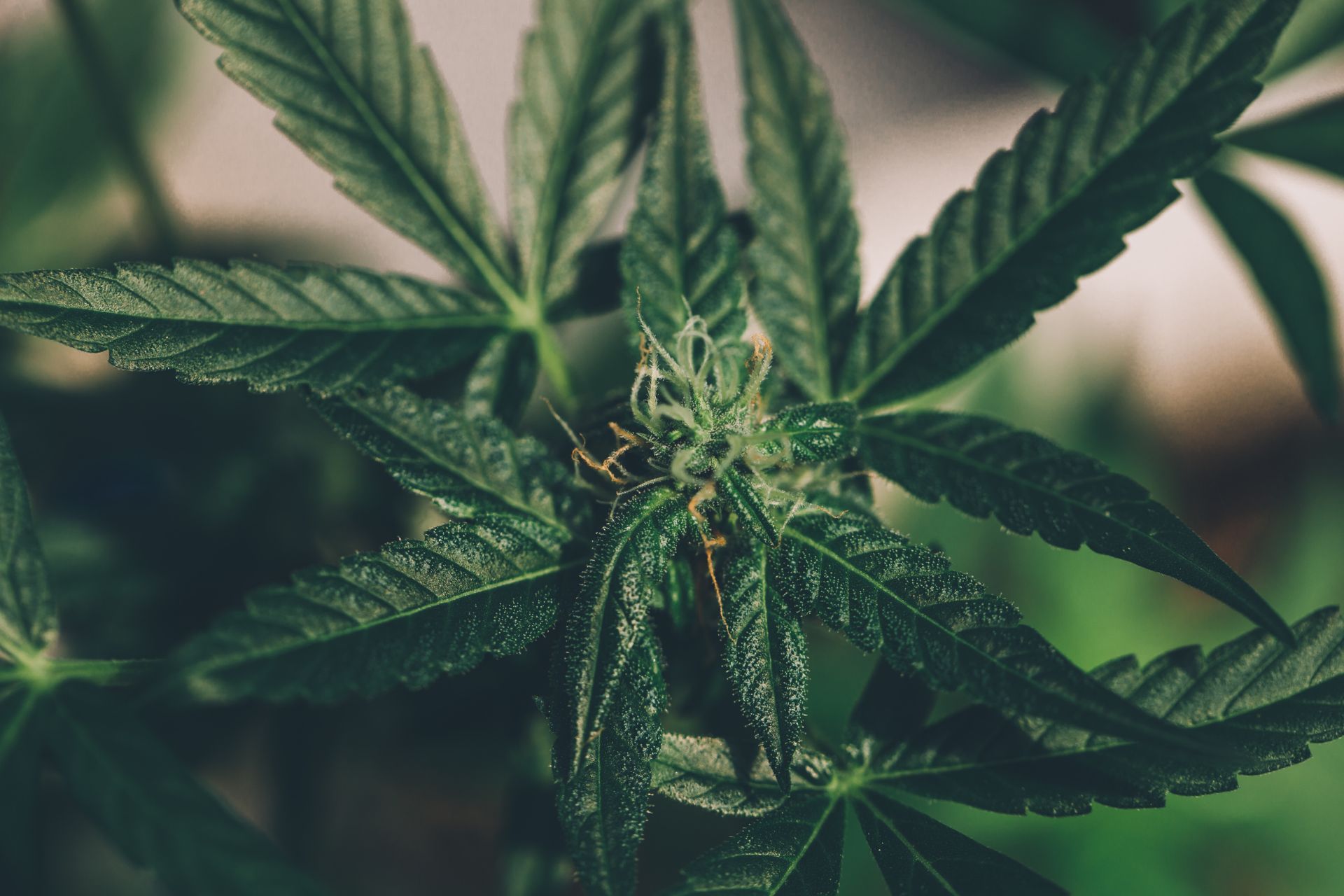Cannabis Product Recalls: Emerging Trends and Insurance Implications
See How We're Different
or call us: (215) 653-8411
California’s cannabis market has recently faced a wave of product recalls that highlight growing concerns about safety and regulatory oversight. In the first half of 2024 alone, the state saw 12 recalls involving pre-rolls and vape cartridges due to unsafe pesticide and mold levels. Most of these products had been on shelves for months before being pulled, revealing gaps in quality control and testing processes according to KCRA. This situation is not unique to California; other states with legal cannabis markets are also grappling with similar challenges. Understanding these trends is critical for businesses, regulators, and insurers navigating this complex industry.
Why Are Cannabis Product Recalls Increasing?
One key driver behind the rise in cannabis product recalls is the inconsistency in testing and compliance standards. Experts like Josh Swider, CEO of Infinite Chemical Analysis Labs, point out that the industry lacks effective checks and balances to prevent unsafe products from reaching consumers. “There’s no checks and balances...to make sure no one’s doing something wrong when they’re not being watched,” Swider explains Retail Brew.
Adding to the problem, a 2023 study revealed that 26% of cannabidiol (CBD) products tested failed to meet safety standards for pesticide residues and heavy metals according to Practice Source. This indicates that contamination issues are widespread, not limited to THC products alone.
California’s Department of Cannabis Control (DCC) has responded with increased enforcement, issuing 63 recalls and nearly 500 product embargoes in 2024 MJBizDaily reports. In August 2024, the DCC executed the largest cannabis recall in any regulated market by pulling over 132,000 marijuana products Cannabis Law Report. These actions reflect a growing commitment to consumer safety but also underline the challenges of maintaining product integrity in a rapidly expanding market.
Testing Challenges and Compliance Issues
Testing laboratories face significant pressure to deliver accurate results, yet manipulation and inconsistencies persist. Jeff Rawson, president of the Institute of Cannabis Science, highlights a critical gap: “A big problem is the lack of analysis of compliance testing” Cannabis Science Tech. Without rigorous oversight, some products slip through with inflated THC levels or undetected contaminants like Aspergillus mold.
State-by-State Trends: Colorado and Beyond
California’s experience is mirrored in other states. Colorado, another mature cannabis market, reported a sharp rise in recalls affecting retail stores. In 2025, 465 stores were impacted by recalls issued by the Marijuana Enforcement Division, up from 333 stores in 2023 CPR News. This surge points to increasing regulatory vigilance but also to persistent challenges in product safety. The implications of these recalls extend beyond immediate consumer safety concerns; they also affect the overall reputation of the cannabis industry, which is still working to establish itself as a reliable and trustworthy market. As consumers become more aware of safety issues, their purchasing decisions may shift, leading to a potential decline in sales for brands that experience repeated recalls.
Tracking recalls nationwide has become easier thanks to tools like the Cannabis Safety Institute’s Recall Tracker dashboard. This resource visualizes recalls by state and primary causes, such as contamination or labeling errors, helping stakeholders identify patterns and prioritize risk management Cannabis Safety Institute. The dashboard not only aids in understanding the frequency and nature of recalls but also serves as a critical tool for policymakers and regulators. By analyzing the data, they can develop more effective regulations and standards that address the root causes of these issues, ultimately fostering a safer environment for consumers and a more stable market for producers.
Common Causes of Recalls
Retailers and distributors face the brunt of recalls, as they must manage product removal, customer communication, and potential liability. The increase in affected stores underscores the importance of robust quality assurance at every stage. Moreover, the financial impact of recalls can be substantial, not only due to the costs associated with removing products from shelves but also from the potential loss of consumer trust. As a result, many companies are investing in better training for their staff and more rigorous internal audits to ensure compliance with safety standards. This proactive approach not only helps mitigate the risk of recalls but also enhances the overall quality of products available to consumers, fostering a healthier market environment.
Insurance Implications for Cannabis Businesses
The rise in cannabis product recalls has direct consequences for insurance providers and policyholders. Cannabis businesses operate in a high-risk environment where product liability claims can quickly escalate. Insurers must carefully assess exposure related to contamination, mislabeling, and regulatory non-compliance. The stakes are particularly high as public perception and consumer trust can be severely impacted by any negative incidents, leading to long-term financial repercussions for businesses.
Risk Management Strategies
Challenges for Insurers
What Cannabis Businesses Should Know
Before You Go: Key Takeaways
- Cannabis product recalls are increasing due to contamination and testing inconsistencies, with California leading in recall volume KCRA.
- Testing gaps and lack of compliance analysis contribute to unsafe products reaching consumers Retail Brew.
- Other states like Colorado also face rising recall numbers, affecting hundreds of retail outlets CPR News.
- Insurance providers must navigate complex risks and regulatory variability when offering product recall coverage.
- Strong quality control, traceability, and compliance reduce recall risks and support insurance eligibility.
Frequently Asked Questions
Q: What causes most cannabis product recalls?
Q: How long can unsafe cannabis products remain on shelves before being recalled?
Q: Are cannabis recalls limited to THC products?
Q: How do cannabis product recalls affect insurance?
Q: What can cannabis businesses do to reduce recall risks?
Implementing rigorous testing, maintaining compliance, and working with reputable labs help minimize recall chances. Regular audits and quality control measures can further enhance product safety. Additionally, training employees on best practices for handling and testing products can create a culture of safety within the organization. By prioritizing transparency and accountability, cannabis businesses can not only protect their customers but also build a positive reputation in a competitive market.
Q: Are recalls increasing in all states with legal cannabis markets?
Q: Where can I track cannabis recalls nationwide?

Article By: Deb Sculli
Cannabis Insurance Specialist




